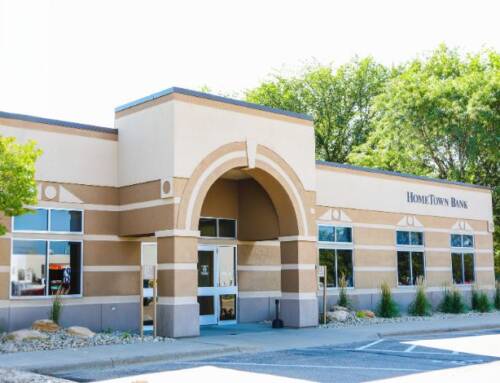As October marks Cybersecurity Awareness Month, let’s take this time to reflect on the significance of safeguarding your financial well-being in today’s digital age. Online banking has revolutionized the way we manage our finances, offering unparalleled convenience. However, with this convenience comes great responsibility.
Here are our nine essential tips to help you stay safe and secure while conducting online banking transactions.
Choose a Strong, Unique Password: Your online banking journey starts with a robust password. Avoid using easily guessable information like birthdays or common phrases. Instead, opt for a combination of uppercase and lowercase letters, numbers and special characters. Make sure your password is unique and not used for other accounts.
Enable Multi-Factor Authentication (MFA): MFA adds an additional layer of security be requiring multiple forms of verification before granting access to your account. Typically, this involves something you know (your password) and something you have (e.g., a verification code sent to your mobile device, challenge questions, etc.). Enabling MFA provides a significant boost to your account’s security. 
Regularly Update Your Password: Even the strongest password can become vulnerable over time. Make it a habit to change your online banking password periodically. Many banks encourage this practice and may even prompt you to do so at regular intervals. Take advantage of such features to keep your account secure.
Beware of Phishing Attempts: Cybercriminals often use phishing emails or messages to trick individuals into revealing their sensitive information. Be cautious of unsolicited emails or messages that ask you for your banking details. Always verify the sender’s authenticity before clicking on any links or providing information. Our rule of thumb is if it seems odd, give your local HomeTown Bank a call and verify the email request.
Use a Secure Wi-Fi Connection: When accessing your online banking, ensure you’re connected to a secure and trusted Wi-Fi network. Verify the network name is familiar and needs a password to join. Avoid conducting sensitive transactions on public or unsecured networks, such as public airport and shopping mall Wi-Fi networks, as they can be susceptible to eavesdropping.
Monitor Your Account Regularly: Stay vigilant by monitoring your bank statements and account activity regularly. Report any suspicious or unauthorized transactions to your bank immediately. Timely detection can prevent potential financial losses.
Keep Your Devices Secure: Protect the devices you use for online banking with up-to-date antivirus and anti-malware software. Keep your operating system and applications current with the latest security patches.
Be Wary of Public Computers: Avoid using public computers for online banking, if possible. If you must use one, be sure to log out completely and clear your browsing history, cookies and cache after your session.
Educate Yourself and Your Family: Share these cybersecurity practices with your family members, especially if they use the same devices or accounts. Educating your loved ones helps create a safer online environment for everyone.
By following these cybersecurity tips, you can protect your hard-earned money and ensure a secure online banking experience. Remember that being proactive in your approach to cybersecurity is the best defense against potential threats. Stay informed, stay secure, and enjoy the convenience of online banking with confidence.






